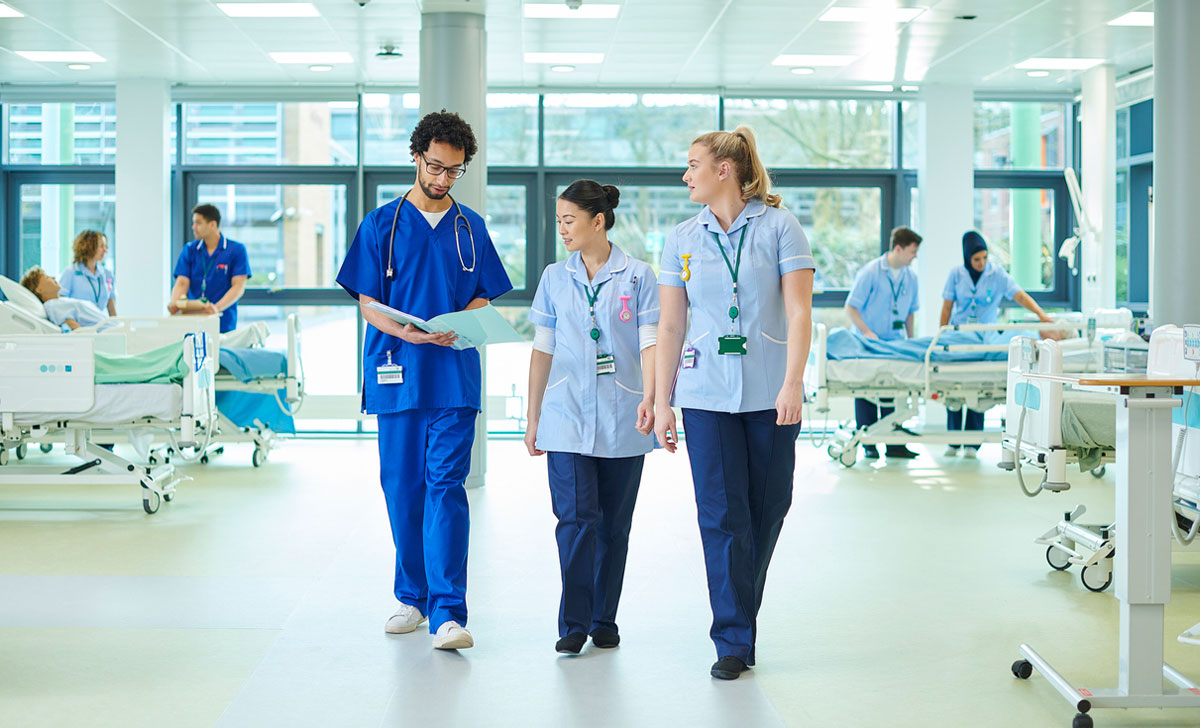There has been an almost 42 per cent increase in risk waste in the Irish public health service since the beginning of 2020, the Medical Independent (MI) can report.
At the end of 2019, some 7,848 tonnes of risk waste were recorded, with 9,465 tonnes in 2020 and 11,118 in 2021, according to figures provided by the HSE.
This represented a total increase of 3,270 tonnes over this period, or 41.67 per cent. The figures were recorded by Stericycle, the company that provides the national contract for the provision of hazardous healthcare risk waste services.
“The provision of vaccination and testing centres along with Covid-19 wards in hospitals and the resultant disposal of items, such as personal protective equipment (PPE), swabs, and sharps in line with infection control and disposal guidelines has given rise to this increase,” a spokesperson for the HSE told MI.
In February, the World Health Organisation (WHO) published a report that showed an increase in global medical waste during the pandemic.
The report’s recommendations included using eco-friendly packaging and shipping; safe and reusable PPE; recyclable or biodegradable materials; investment in non-burn waste treatment technologies, such as autoclaves; and reverse logistics to support centralised treatment. It also recommended investing in the recycling sector to “ensure materials, like plastics, can have a second life”.
The WHO stated that “most components” of rapid antigen tests were recyclable. However, the HSE said it “does not recommend recycling of antigen test kit waste at present”.
The Executive’s current position is to follow manufacturer’s instructions.
The HSE’s spokesperson noted that four regional sustainability managers were appointed in 2021 to support local hospitals in minimising clinical waste. The spokesperson also referenced the Green Healthcare Programme, which is engaged with 40 of the largest healthcare facilities in the country and provides staff training on managing different waste streams.
Dr Sean Owens, a member of the Irish Doctors for the Environment and the ICGP’s sustainability working group, told MI: “There’s no reason we couldn’t be using compostable masks or biodegradable gloves. We’re really overusing a lot of things.”
Dr Owens said he did not see the WHO recommendations becoming a reality in the near future. He stated there was a need for “political imagination” and “political will” to tackle the problem.
However, he added the HSE had “done well the last couple of years”, considering the continued pressure on the Executive.













Leave a Reply
You must be logged in to post a comment.